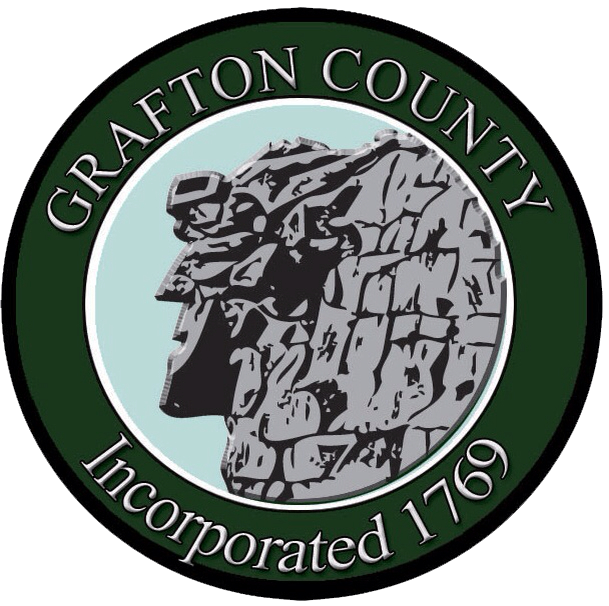Group Therapy and Course Offerings
Mental Health Court
Adult Diversion
Juvenile Restorative Justice
C.A.R.E and C.A.R.E +
*Some groups may be available for general referrals outside of our program and costs will be charged to insurance if possible, or will have a fee, as listed below.
Seeking Safety
Seeking Safety is an evidence based treatment model that addresses Post Traumatic Stress Disorder and Substance Use Disorders through individual or group sessions. There are 25 topics that address cognitive, behavioral or interpersonal domains with each domain addressing a safe coping skill relevant to both disorders. Rolling admission and gender specific.
*Non GCAS participant cost $120 for 12 weeks or $10 per group.
Anger Management
This curriculum is designed to support individuals with substance use and mental health disorders in understanding and managing their anger. It is a 10-week anger management group treatment that focuses on core concepts and provides a workbook for completing between-session exercises. Some of the core concepts include, triggers/cues, the cycle of aggression, cognitive restructuring, assertiveness training, conflict resolution, and the impact of anger in families. Two practice sessions will be worked into the 10-week program, which will support individuals in strengthening their skills with the support of peers and facilitators. Closed admissions. 10-week sessions.
*Non GCAS participant cost is $25 for initial assessment and $100 for 10 weeks or $10 per group.
Shoplifting Education Course
Approximately a 5-hour online course that teaches offenders about the effects of shoplifting.
*If a participant is required to take this course, there is a $100 fee.
3rd Millennium
An online platform organized to offer intervention and prevention programming for alcohol, drugs and relationships. These programs may be required on an individual basis due to the needs of the individual.
*Cost vary and are applied to any person taking the course
MRT
Moral Reconation Therapy-a systematic, cognitive behavioral, step-by-step treatment strategy designed to enhance self-image, promote growth of a positive, productive identity, and facilitate the development of higher stages of moral reasoning. GCAS participants only.
*$25 cost for the workbook. This group is offered to participants only at this time.
Early Recovery Planning
Early recovery planning group will provide psychoeducational information on Post-Acute Withdrawal Syndrome, how to recognize its symptoms, and how to manage them. The group addresses mistaken beliefs about recovery and re-use, helps to create a re-use prevention plan and build coping skills to manage personal stressors. At the end of the group there will be the option to invite a family member or other supportive person to group and increase their understanding of re-use prevention at the final session. Rolling admissions.
*Non GCAS participant cost is $80 for 8 weeks or $10 per group.
Life Skills
Life skills group therapy helps teach individuals how to gain confidence creating stability and success in one’s life and community. Life skills group covers a range of topics to help support each individual. Some of the topics covered are:
- learning how to manage finances,
- find and keep a job,
- save money and pay bills on time,
- build a resume,
- banking,
- purchasing a car,
- conflict resolution/problem solving,
- healthy communication,
- boundary setting,
- responsibility, etc.
As individuals gain skills to support themselves and their families, they will also work on their overall wellness and stability for future successes. This course is available for GCAS participants and anyone referred by the DOC during Re-Entry. Rolling admissions.
*Non GCAS cost $120 for 12 weeks, or $10 per group.
Other Important Information
- Most groups have a maximum capacity for 12 participants at a time. All group members will be asked to provide demographics, an emergency contact release of information and to sign a telehealth acknowledgement release.
- Groups will be offered with a hybrid telehealth/in person option at this time. In person is preferred and varies among participants based on needs and referral or group leader recommendation.
- Group rules will be established in each group and are expected to be followed.
- Payment for groups is expected at the time of service. If insurance cannot be charged, payments can be made in cash or by credit card only. We cannot accept personal checks. Should an individual get behind more than 2 weeks in payments, they will be asked to pause their participation until they are able to pay the overdue fee or make alternative arrangements.
*A sliding fee scale is available.
